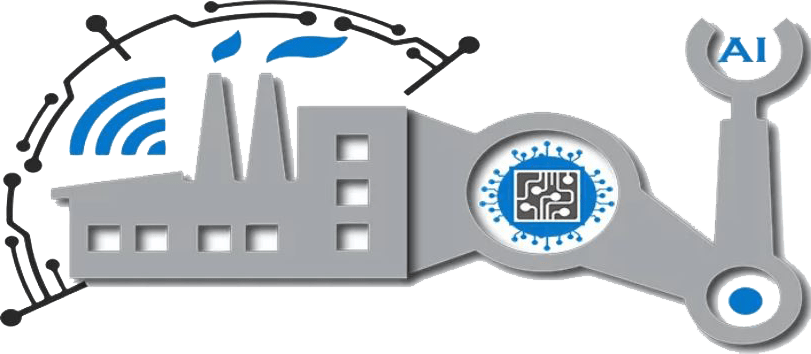The Internet of Things (IoT) is revolutionizing industrial operations by connecting devices, systems, and processes through the internet, enabling real-time data collection and analysis. This connectivity drives significant improvements in efficiency, productivity, and decision-making. Key applications of IoT in smart manufacturing, edge computing, and security challenges illustrate its transformative potential.
IoT Applications in Smart Manufacturing, Edge Computing, and Security Challenges
In smart manufacturing, IoT enables the seamless integration of machinery and systems, creating highly automated and efficient production environments. IoT sensors and devices collect data from various stages of the manufacturing process, providing real-time insights into machine performance, production quality, and operational efficiency. This data allows manufacturers to optimize their processes, reduce downtime through predictive maintenance, and ensure consistent product quality. Additionally, IoT facilitates the implementation of just-in-time manufacturing, minimizing inventory costs and improving supply chain responsiveness.
Edge computing is a critical component of IoT, addressing the need for real-time data processing and analysis. By processing data at the edge of the network, closer to where it is generated, edge computing reduces latency and bandwidth usage. This is particularly important in industrial settings where timely decision-making is crucial. For instance, in a manufacturing plant, edge devices can analyze sensor data in real-time to detect anomalies, trigger immediate corrective actions, and prevent costly equipment failures. Edge computing enhances the overall efficiency and responsiveness of IoT systems, making them more robust and reliable.
Despite its many benefits, IoT also presents significant security challenges. The proliferation of connected devices increases the attack surface, making industrial systems more vulnerable to cyber threats. Ensuring the security of IoT devices and networks is paramount to protect sensitive data and maintain operational integrity. This involves implementing robust authentication and encryption protocols, regular software updates, and comprehensive monitoring to detect and respond to security breaches. Additionally, developing industry-wide standards and best practices for IoT security is essential to mitigate risks and build trust in IoT-enabled industrial operations.
Highlighting the Transformative Potential of IoT in Industrial Operations
The transformative potential of IoT in industrial operations is immense. By providing real-time visibility into every aspect of the production process, IoT enables data-driven decision-making that enhances efficiency and reduces costs. Predictive maintenance powered by IoT helps avoid unplanned downtime and extends the lifespan of machinery, resulting in significant cost savings. The ability to monitor and control industrial processes remotely also improves flexibility and scalability, allowing businesses to respond quickly to changing market demands and operational conditions.
Moreover, IoT fosters innovation by enabling new business models and services. For example, manufacturers can offer predictive maintenance services to their customers, leveraging IoT data to provide proactive support and reduce equipment downtime. IoT also facilitates the development of smart products that can communicate with each other and their users, offering enhanced functionality and user experiences.
In conclusion, the Internet of Things is a game-changer for industrial operations, driving significant advancements in smart manufacturing, edge computing, and security. While there are challenges to address, particularly in terms of security, the benefits of IoT far outweigh the risks. As industries continue to adopt and integrate IoT technologies, they will unlock new levels of efficiency, innovation, and competitiveness, shaping the future of industrial operations.





